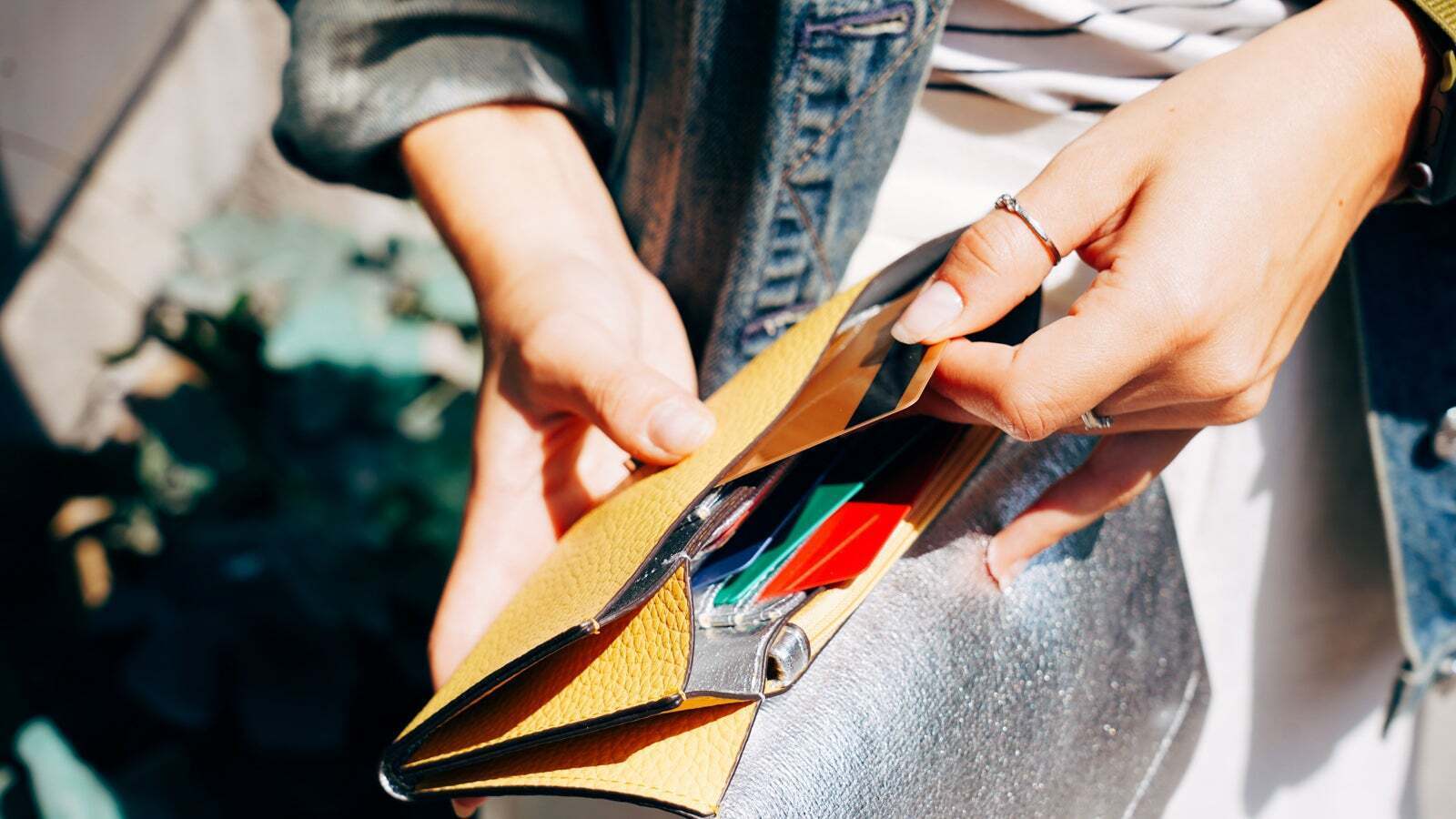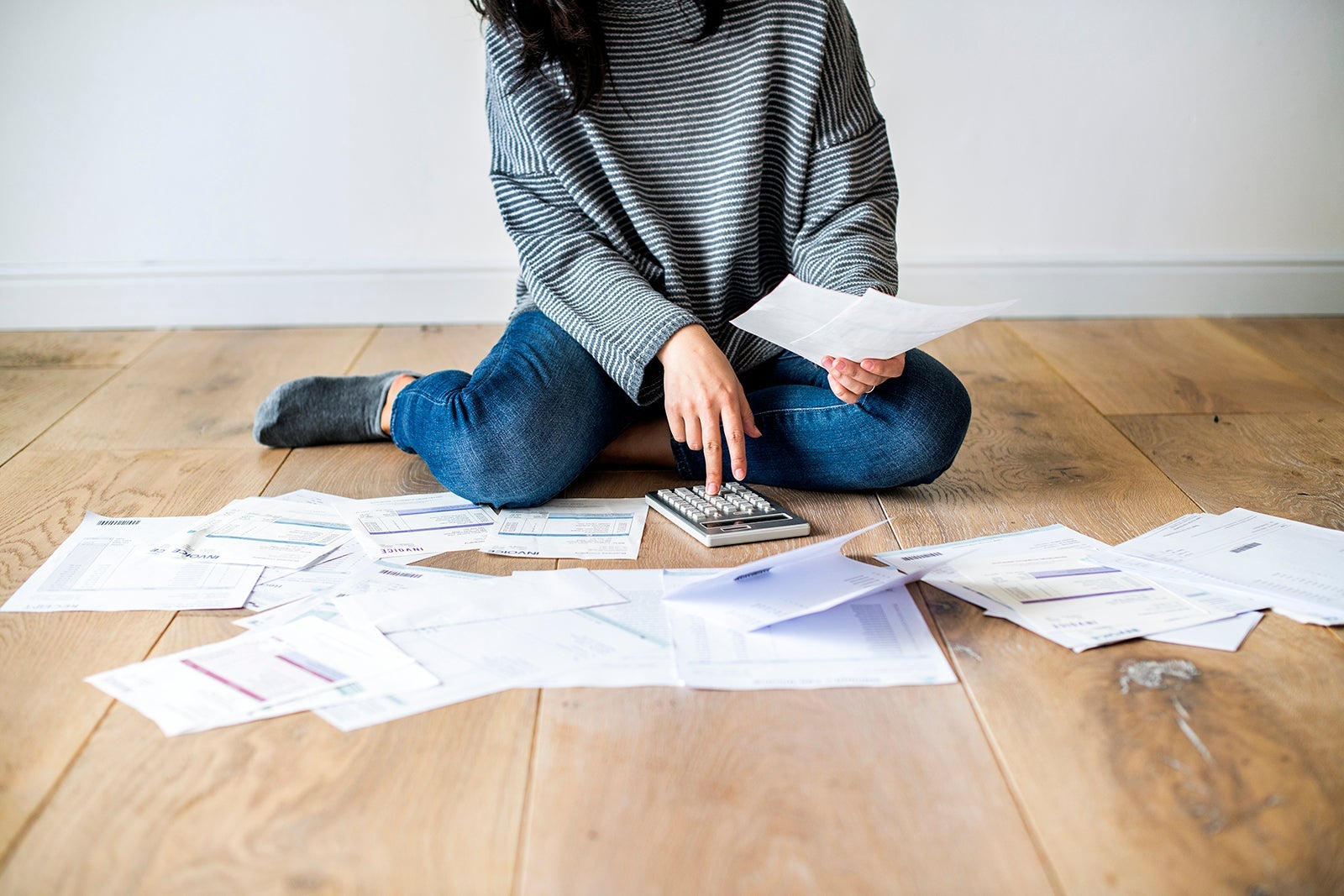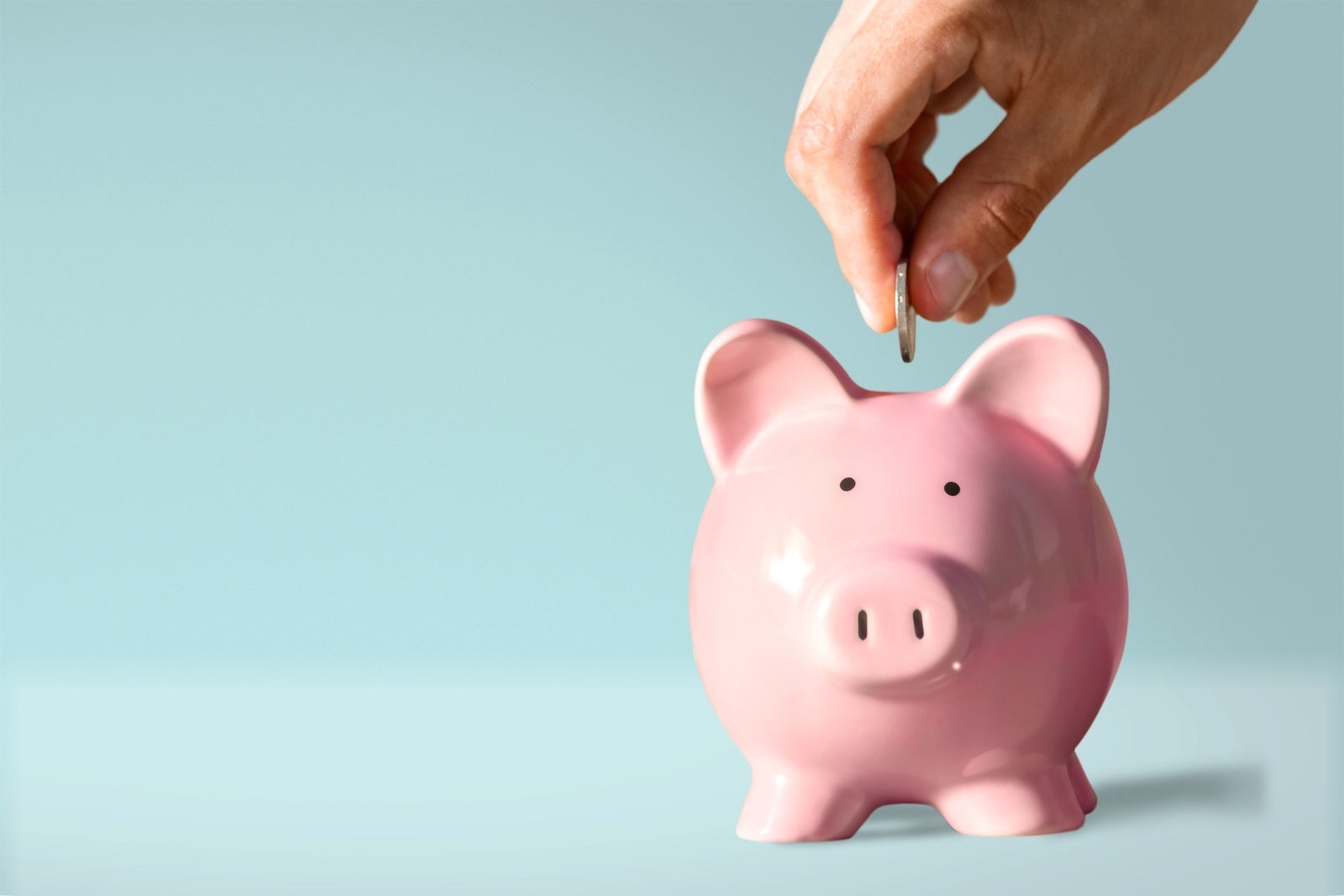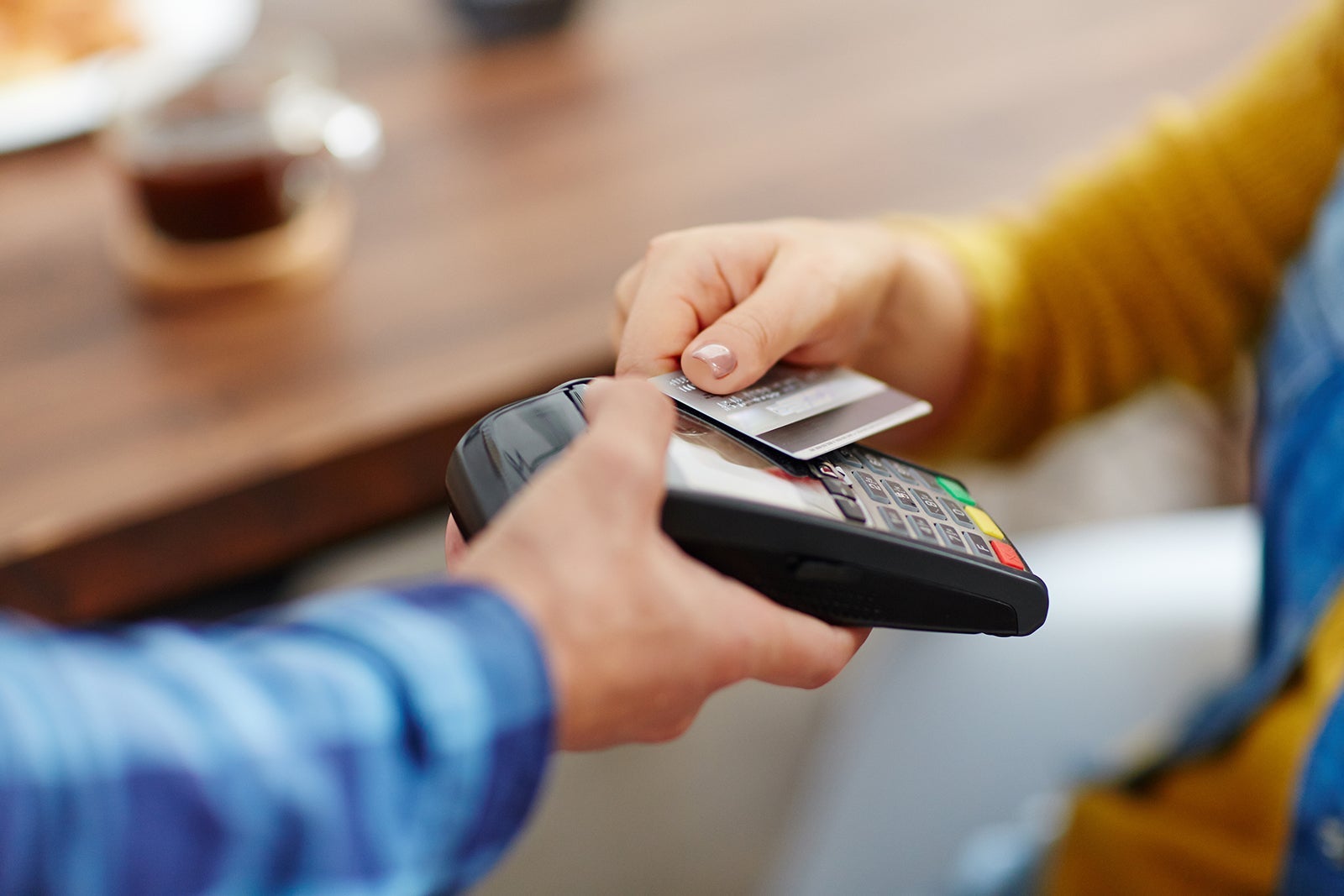6 simple rules to stay out of credit card debt
Editor's Note
Many consumers struggle with credit card debt. Even TPG's founder and CEO Brian Kelly struggled with debt when he first dabbled in the world of credit cards.
However, it is possible to use credit cards without getting into financial trouble. It's critical if you're looking to maximize your travel through points, miles and rewards credit cards.
Whether you're new to credit cards or getting your finances in order, learning how to use credit cards responsibly is essential. Here are six simple rules that you can follow to stay out of credit card debt.
Treat cards like you would cash
There are many reasons why you should use a credit card instead of cash. To start, credit cards provide a variety of protections. They can also help you build credit and earn rewards.

For many consumers, using cash to pay for an item or service that costs more than $100 causes a greater amount of emotional pain than handing over a credit or debit card. It can be tempting to use credit cards, especially credit cards with a 0% introductory APR, as a tool for deferring payment for something you want now but can't afford.
However, it's crucial to stay out of credit card debt. If you avoid making purchases that you wouldn't — or couldn't — make using funds in your bank account, you'll increase your chances of staying debt-free.
Related: Common credit card mistakes and how to avoid them
Make a budget and stick to it
If you're looking to stay out of credit card debt, it's essential to make a budget and follow it.

Creating and using a budget allows you to:

- Evaluate and improve your spending habits
- Determine how large of an emergency fund you need (more on this in the next section)
- Calculate how much income to save
- Spend within your means
There are many budgeting techniques that you can use, so select the one that suits your spending habits. At a high level, you'll need to decide how to split your income between your needs, wants and savings. You may also need to identify expenses you can reduce or eliminate if there's not enough income to cover everything.
Related: Staying organized: The best apps for money management
Create an emergency fund
You never know when you may face unexpected expenses. For example, you might incur unanticipated medical bills. Or, you might lose your job and need to rely on savings while looking for work. For these reasons, it's crucial to have an emergency fund.

An emergency fund is a safety net that you can use to pay for unplanned but necessary expenses that you otherwise can't afford. Ideally, you'll build up your emergency fund and never use it. Should you find yourself in an unexpected situation where money is tight, though, it can help you stay out of credit card debt. After all, you can use your emergency fund to cover expenses in a pinch.
Financial planners usually recommend setting aside three to six months' worth of expenses in your emergency fund. Depending on your situation, you may want to keep more or less in your fund. Of course, if you need to dip into your emergency fund, you should always restock it as soon as possible. If your monthly expenses increase, it's wise to add to your emergency fund accordingly.
Related: 4 ways points and miles can provide a financial safety net
Pay your statement balance in full each month
To avoid credit card debt, pay your statement balance in full each month on or before your due date. Doing so will prevent interest from being charged on your account.

If you don't have cash flow issues, you may want to set up autopay on each of your credit card accounts so that you don't have to worry about missing a payment. Even if you set up autopay on your card accounts, you should still review your transactions each month to catch any fraudulent charges quickly.
Should you struggle to pay your balance in full, pay at least the minimum balance due by your due date. Doing so will prevent late fees and penalty interest rates, but you'll still accrue interest on the remaining balance. You'll want to pay down your account balance to $0 as soon as you can to get out of credit card debt.
Related: 3 credit card myths from my childhood I had to unlearn as an adult
Minimize your expenses
If you incur more expenses than your income can support, you may find yourself in credit card debt. However, by making a budget, you can identify areas where you can reduce or eliminate expenses.

You may be able to save big by reconsidering some of the largest expenses in your budget. For example, using public transportation and ride-hailing services instead of owning a car can go a long way in saving you money. Or, maybe your family can get by with one car instead of two. Likewise, you may be able to move to a smaller home, apartment or condo — or to a less expensive area where home prices are lower. By making some difficult decisions, you can drastically reduce your expenses.
Related: 5 personal finance strategies that will help you to travel more this year
Watch for warning signs of credit card debt
There are some common early indicators when it comes to credit card debt. Be on the lookout for any of the following warning signs:

- Struggling to pay your statement balance in full by your due date (especially if this happens for multiple months)
- Regularly charging up to your credit limit
- Turning to your emergency fund or savings for daily expenses
- Not having an emergency fund
- Not regularly contributing to savings
- Using cash advances on your credit card when you're short on cash
- Repeatedly relying on balance transfers to shuffle debt around
If you find yourself doing one or more of the above things, now is a good time to improve your finances.
Related: 13 expenses that you should not put on your credit card
Bottom line
Using travel rewards credit cards can get you valuable points and miles along with excellent benefits like free night certificates at hotels. To truly get value out of your cards and stay out of debt, though, it's crucial to prioritize responsible use and follow these six rules.
Related: Cash back vs. travel rewards: How to choose a credit card

